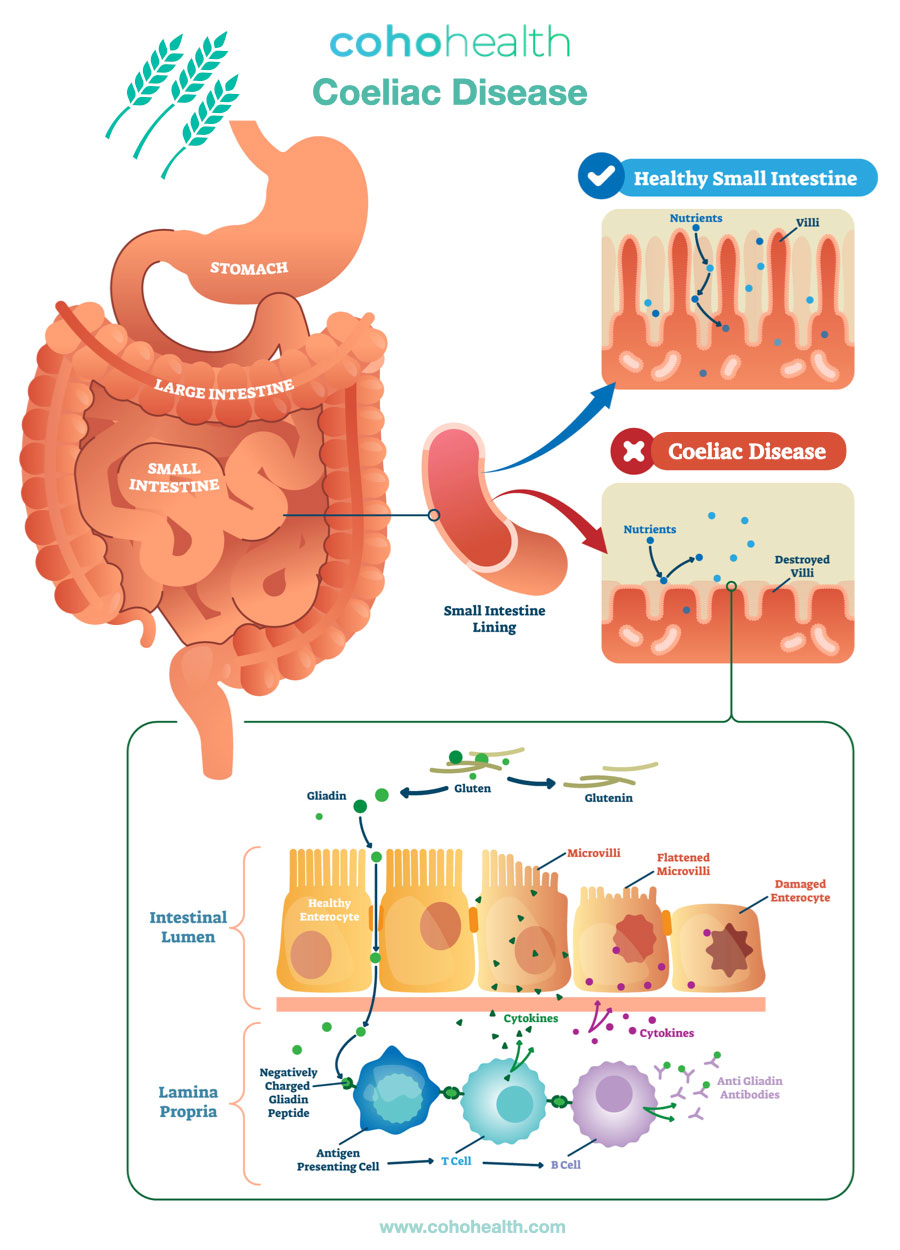Functional Medicine Approach to Insulin Resistance
In this article, we’ll delve into the functional medicine approach to insulin resistance, exploring the causes, symptoms, and natural solutions for managing this condition.
Understanding Insulin Resistance: What You Need to Know
Insulin resistance is a metabolic disorder characterized by the body’s inability to effectively use insulin, a hormone produced by the pancreas that regulates blood sugar levels. When cells become resistant to insulin’s effects, glucose builds up in the bloodstream, leading to high blood sugar levels and potentially causing a range of health issues.
The Consequences of Untreated Insulin Resistance
Left unchecked, insulin resistance can lead to a host of complications, including:
- Type 2 diabetes
- Hypertension
- CARDIOVASCULAR DISEASE
- Kidney disease
- Neuropathy and nerve damage
A Functional Medicine Approach to Insulin Resistance
Functional medicine practitioners take a holistic approach to addressing insulin resistance, considering the complex interplay between genetic, environmental, and lifestyle factors that contribute to this condition. Here are some key principles:
Identifying Root Causes: The 5-R Method
A functional medicine practitioner will typically employ the 5R method to identify and address underlying causes of insulin resistance:
- Removal: Eliminating toxins, allergens, and other substances that may be contributing to insulin resistance.
- Replacement: Restoring gut health through probiotics, prebiotics, and fiber-rich foods.
- Reinoculation: Replenishing beneficial bacteria in the gut microbiome.
- Reboot: Implementing dietary changes to promote insulin sensitivity and improve glucose regulation.
- Rebalance: Prescribing targeted supplements, vitamins, or minerals as needed to support hormonal balance and overall health.
Natural Solutions for Insulin Resistance: Dietary Changes and Lifestyle Modifications
A functional medicine approach to insulin resistance often involves making dietary changes and adopting lifestyle modifications that promote insulin sensitivity. Some key strategies include:
Whole Foods and a Low-Carb Diet
Focusing on whole, unprocessed foods like vegetables, fruits, lean proteins, and healthy fats can help improve insulin sensitivity. A low-carb diet, in particular, has been shown to be beneficial for managing blood sugar levels.
Eliminating Trigger Foods
Some foods may trigger or exacerbate insulin resistance. Common culprits include:
- Refined carbohydrates (e.g., white bread, sugary snacks)
- Processed meats and sugars
- Foods high in omega-6 fatty acids (e.g., corn oil, soybean oil)
Supplements and Nutrients for Insulin Resistance
A functional medicine practitioner may recommend specific supplements or nutrients to support insulin sensitivity. Some key players include:
B Vitamins: The Coenzymes of Metabolism
B vitamins, particularly B1 (thiamine), B6, and B12, play a crucial role in energy production and glucose metabolism. Supplementing with these nutrients may help improve insulin sensitivity.
Conclusion and Next Steps
Managing insulin resistance requires a comprehensive approach that addresses the complex interplay between genetic, environmental, and lifestyle factors. By incorporating the principles of functional medicine, dietary changes, and natural solutions outlined above, individuals can take control of their health and reduce their risk for developing insulin-related complications.
If you’re struggling with insulin resistance or other metabolic issues, consider consulting a qualified healthcare practitioner who takes a functional medicine approach. With the right guidance and support, you can develop a personalized plan to achieve optimal wellness and improve your overall quality of life.


